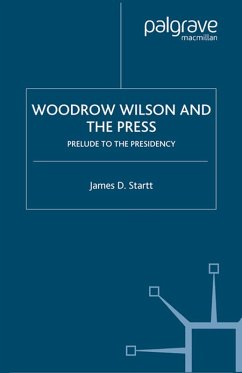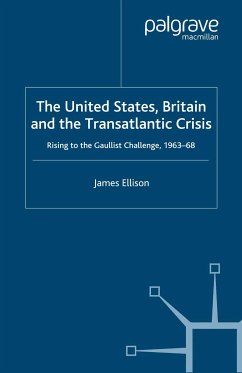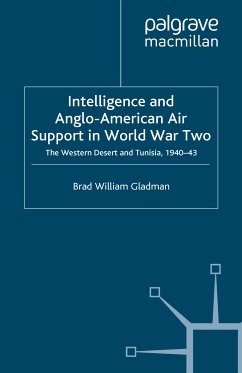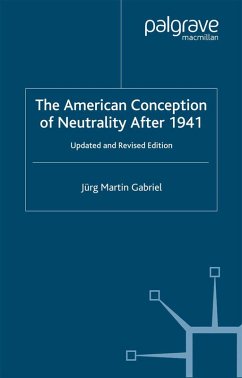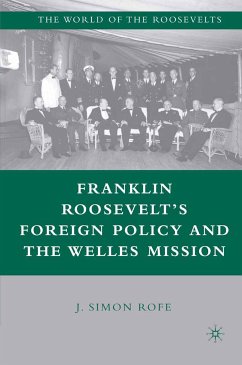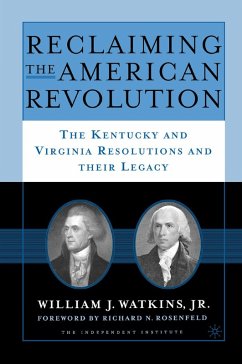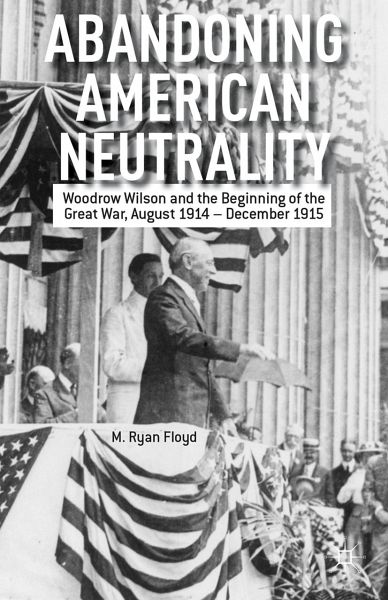
Abandoning American Neutrality (eBook, PDF)
Woodrow Wilson and the Beginning of the Great War, August 1914 - December 1915
Versandkostenfrei!
Sofort per Download lieferbar
40,95 €
inkl. MwSt.
Weitere Ausgaben:

PAYBACK Punkte
20 °P sammeln!
During the first 18 months of World War I, Woodrow Wilson sought to maintain American neutrality, but as this carefully argued study shows, it was ultimately an unsustainable stance. The tension between Wilson's idealism and pragmatism ultimately drove him to abandon neutrality, paving the way for America's entrance into the war in 1917.
Dieser Download kann aus rechtlichen Gründen nur mit Rechnungsadresse in A, B, BG, CY, CZ, D, DK, EW, E, FIN, F, GR, HR, H, IRL, I, LT, L, LR, M, NL, PL, P, R, S, SLO, SK ausgeliefert werden.



